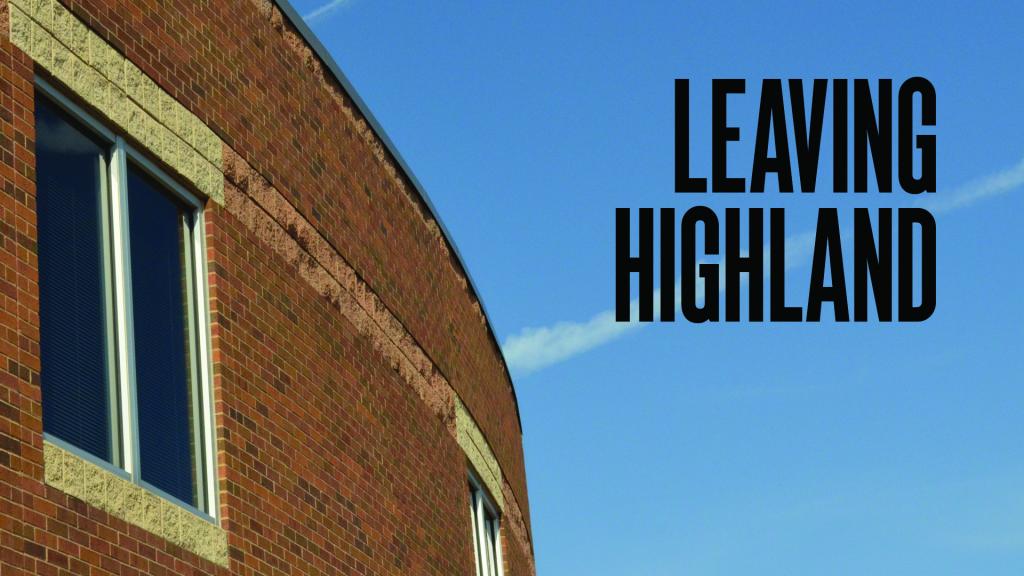 So for the past few years, I’ve been thinking a lot about time. What we do with it, why we always feel like we’re running out of it, why we’re so busy constantly, and why everything we’re so frantically pursuing just seems to get further and further away.
So for the past few years, I’ve been thinking a lot about time. What we do with it, why we always feel like we’re running out of it, why we’re so busy constantly, and why everything we’re so frantically pursuing just seems to get further and further away.
As a pastor, one of the things that keeps me up at night is that there are so many lonely people in church.
Church is supposed to be a place of connection and community, but I get emails that say otherwise. I’ve had plenty of conversations from my office to the atrium from people who came to church looking for community and found that people inside the church are surprisingly like those on the outside, especially when it comes to how we view and use our time.
Holy People, Holy Time
So maybe, you’ve seen the stats about how church attendance hasn’t really gone down in America over the past decade, it’s just that people attend church services less. That may not make sound logical, but think about your own church, or even your own life.
These days, people who consider themselves highly involved in their church, come on average 2 out of every 3 Sundays. These are your best volunteers, your deacons and elders and ministry leaders, and they are there, if the research is true 66% of the time. And it’s not like they’re out in a forrest worshipping Satan in a pentagram somewhere. They’re doing good things, taking their kids to that soccer tournament, family vacations, or traveling.
One of the greatest privileges of my job is getting to perform the funerals of senior saints. Consistently, I hear from their kids that the greatest thing that their parents did was sacrificially carve out time for them to be with God’s people. They’ll tell me stories about how mad they were when their mom made them skip that important event just to go to church.
And then they’ll consistently tell me something like, “And I’m so glad they did. Because those decisions, over time, changed my life.”
I get it. You’re probably thinking that this is another blog written by a preacher selfishly lamenting that there aren’t enough people there to hear them preach while they forget that they themselves are getting paid to be there.
But that’s not what I’m trying to do at all. What keeps me up at night isn’t how many people come to our church, what keeps me up at night is that look in people’s eyes who show up to church and find out that other Christians don’t have any time for them.
Earlier this year, there was an interesting article in the New York Times called You Don’t Need More Free Time by the Sociologist Cristobal Young. The article was a summary of the research Young did that surveyed over half a million people about how they use their time.
And the result was surprising.
The problem in Young’s words is not that we don’t have enough free time:
[it’s] that our free time, in order to be satisfying, often must align with that of our friends and loved ones. We face a problem, in other words, of coordination. Work-life balance is not something that you can solve on your own.
They discovered that people’s happiness were closely correlated between not just time away from work and expectations to be productive, but between being able to be around other people who were also enjoying free time. This is the real reason we enjoy the weekend so much, because we are able to share free time with other people.
Here again is Young:
Over the past few years, many workplaces have looked for ways to create more flexibility in individual work schedules. There is no question that doing so has many benefits. But my research suggests that a disadvantage of these efforts is that they may lead us even further from a weekend-like system of coordinated social time. They threaten, ultimately, to exacerbate the decline in civic engagement and social contact known as the “bowling alone” problem…The solution might be found in a form of constraint: more standardization of the time for work and the time for life.
Now this is in the New York Times, this isn’t someone trying to make the case that we all need to go to church more. They are simply saying that our society is slowly organizing itself in the wrong direction.
I have enough time for me. I just don’t have enough time for “we.”
As a pastor, I see church in America like everyone sitting around a fire, holding a stick in their hand. And as the fire is slowly dying they are watching each other to see whether anyone else is going to put their stick in.
Very few people are wanting to go first, but as the fire dies, more and more of us are bowling alone, and less and less of us are finding true happiness.
And as the fire fades, we say things to each other about how busy we are, but the truth is we aren’t willing to make the same sacrifices that previous generations did, not because we’re selfish, but because we don’t realize what’s at stake.
Do you realize what we’re missing out on here?
I’ve seen this time and time again, the great antidote for loneliness in the church is serving alongside brothers and sisters for a common goal.
And the great antidote for an overstuffed schedule is getting outside of ourselves and realizing how much of what we do isn’t as important as fool ourselves into believing.
We have enough free time. Turns out we just have to learn how to use it together.










